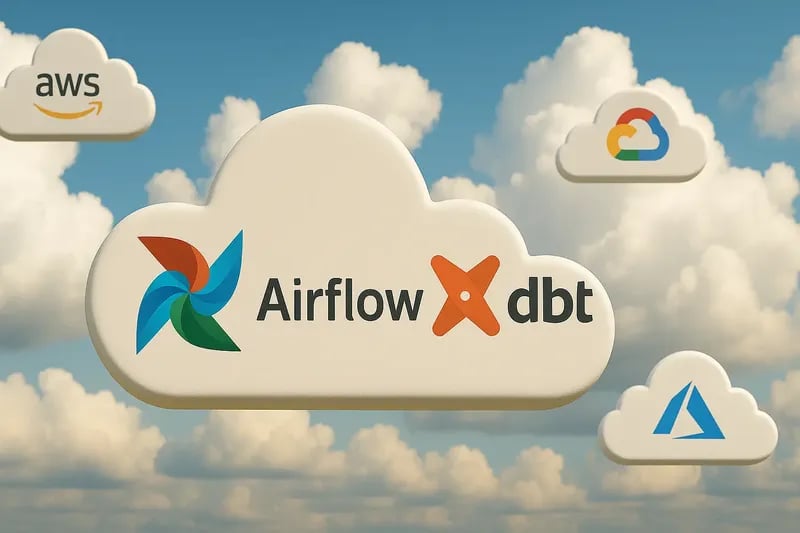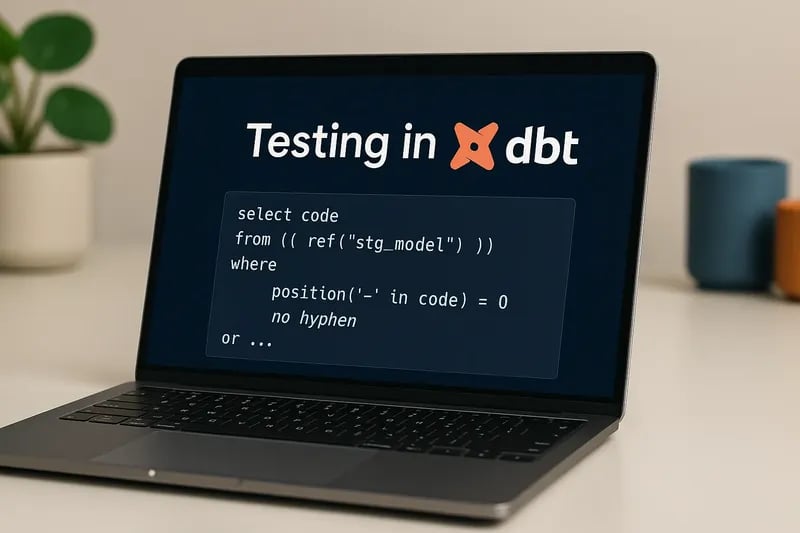
Maria Chojnowska
10 May 2023, 5 min read

Data validation is a crucial step in ensuring the quality and accuracy of data in any system. With the increasing amount of data generated in today's big data environment, the need for efficient and scalable data validation methods becomes even more imperative.


